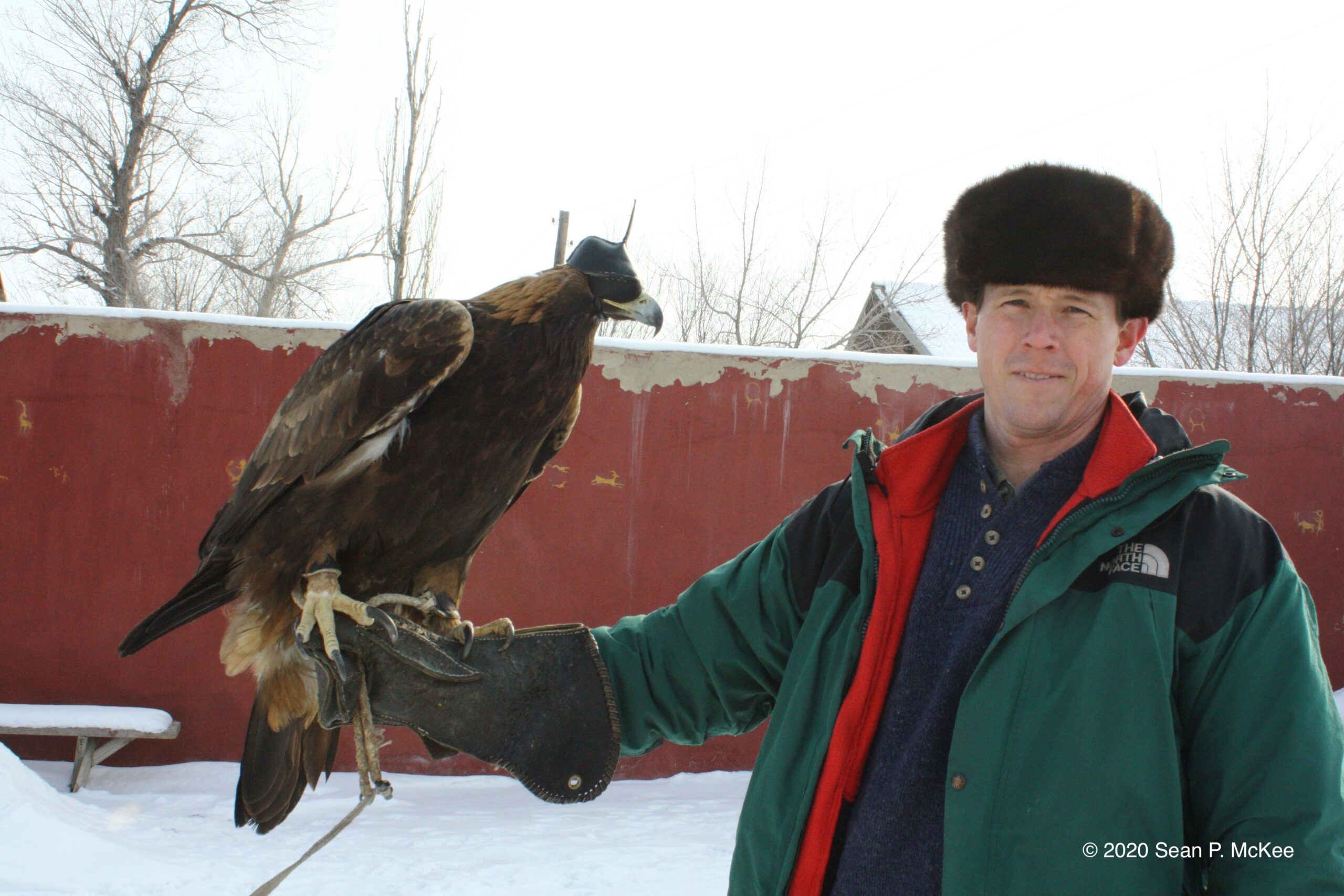To paraphrase from The Lord of the Rings, “One does not simply become a trailing spouse.” We may accept the idea of relocating for our partner’s career as a one-time event or even as a lifestyle, but it takes a lot of time and experience to completely adapt to the “trailing” part of the deal.
As a young adult, I became acquainted with some of the highs and lows of expat life by working in the Russian Far East in business skills education and international development through a program supported by USAID. And yet when I married Erin, a foreign service officer, I still had a lot to learn about how to balance raising a family and maintaining my professional interests with her frequent, somewhat unpredictable assignments.
I embraced the global adventures that would come with my wife’s diplomatic career, feeling optimistic that I could still find a way to thrive professionally — but it took a long time to overcome the feeling of unease in having to accept that some circumstances would always be beyond my control.
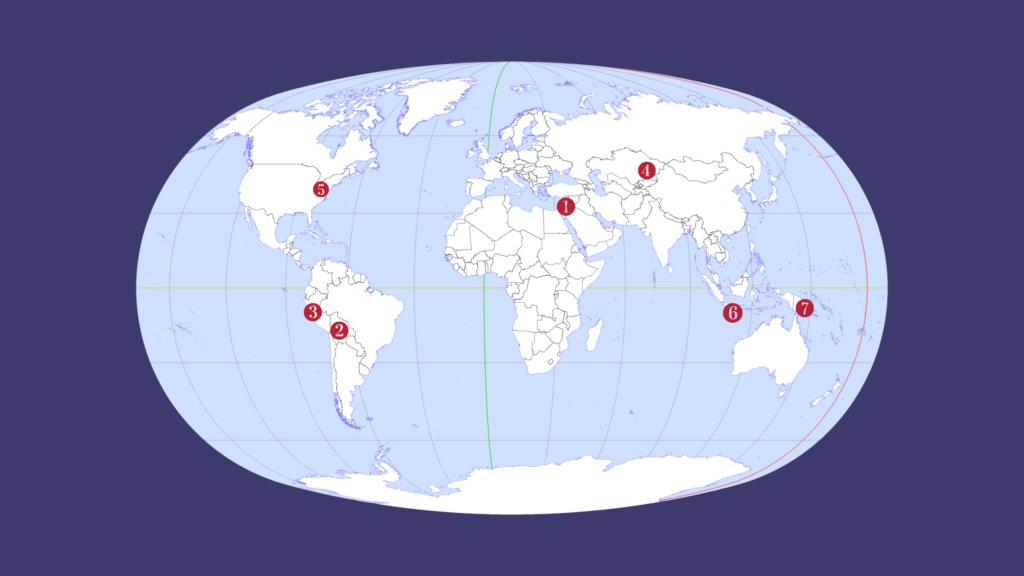
With each of our seven relocations in the past 19 years, the most jarring aspect has tended to be the loss of my employment. With most foreign service assignments, we know where we will be going at least six months ahead of time, which theoretically allows for a period of winding down at your current job and to begin looking for a new one in your next country. However, there has only been one occasion where I went from being employed at our point of departure (Washington, D.C.) to being immediately employed at our destination (Jakarta, Indonesia). In all other instances, it typically took another six months before I was able to line up a job at the new post.
The good news is that virtual workspaces and a vastly more mobile workforce have become more common since those earlier years, especially in the last few months with COVID-19 lockdowns requiring more kinds of industries to adapt to work-from-home requirements. There are also more professional development opportunities available now, through online options and in recognition of the newer generations of foreign service partners — men and women — who also want to pursue careers.
Relocation prompts reinvention
In our move this year from Jakarta to Port Moresby, Papua New Guinea — which I would rank at 11/15 on the Gupte Scale (4 for destination, 2 for timing, 5 for resources), we had limited (i.e. not very much) control of the timing for the move — Erin first arrived in November 2019 and then I joined her in in January 2020, while our daughter remained in Jakarta to complete her school year. The other challenging part of the timing was handling our daughter’s senior year in high school and, quite unexpectedly, the outbreak of a global pandemic. So yes, the timing could have been better!
The destination, however, is an amazing professional opportunity and we have been very fortunate to have benefitted from remarkable support during the relocation and the settling in process at post. There is a diverse expatriate community and, despite the COVID-19 crisis, it has been a very welcoming environment.
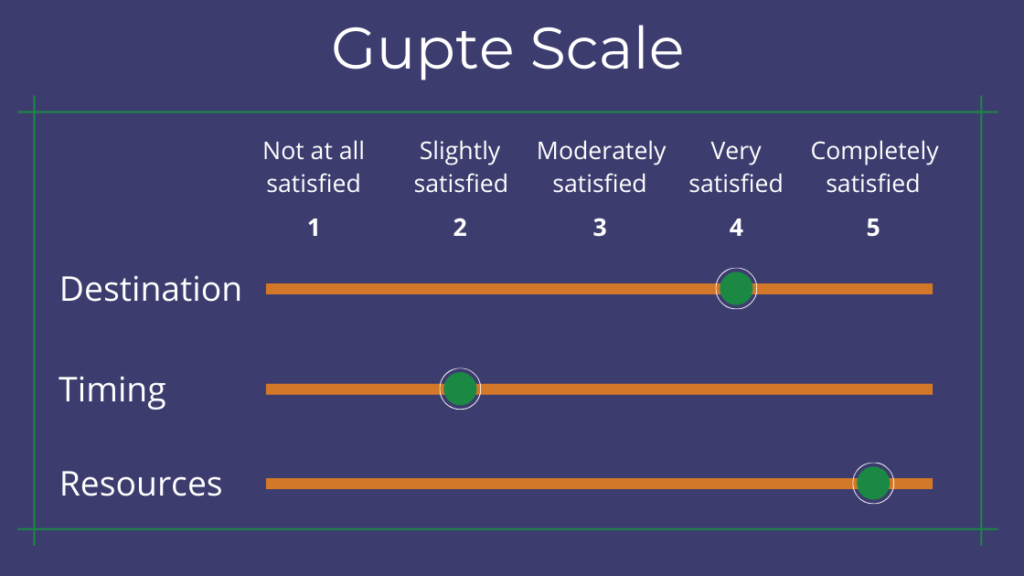
If asked to rate previous assignments (from more recent to oldest) I would say: Jakarta (D3, T5, R5 = 13/15); Washington, DC (D3, T4, R2 = 9/15); Almaty (D5, T4, R5 = 14/15); Lima (D3, T4, R4 = 11/15); La Paz (D5, T4, R4 = 13/15); Tel Aviv (D3, T3, R3 = 9/15).
Every relocation has given me the opportunity to reinvent some aspect of my professional capabilities. When we moved to Bolivia, I was able to take Spanish language training as part of the relocation. In instances where I was providing web development services consulting, I pursued a self-taught approach to learning WordPress and hosting management. When I assumed my role at the Foreign Service Institute, there was an array of classes and training that I was required to complete for Training Tradecraft and leadership management skills. And since I worked for more than one year in Jakarta for the U.S. Embassy, I was granted access to the FSI online learning platform and self-paced training courses that cover topic areas such as CompTIA+ sections, business skills, among other productivity skills training.
The basic lesson learned during the past 20 years has been to always be learning and evolving to remain flexible and adaptable.
Taking a more active role at home
Our globetrotting lifestyle has another unexpected benefit: the opportunity to try different job roles without the potentially negative stigma of being seen as a “job hopper.” Whenever I’ve had to leave a job due to being transferred to a new country, it was entirely reasonable to explain to prospective employers why I only worked at my previous position for two years or less; I’ve ultimately found employment options through positions at U.S. embassies, or done part-time or freelance work while developing new skills.
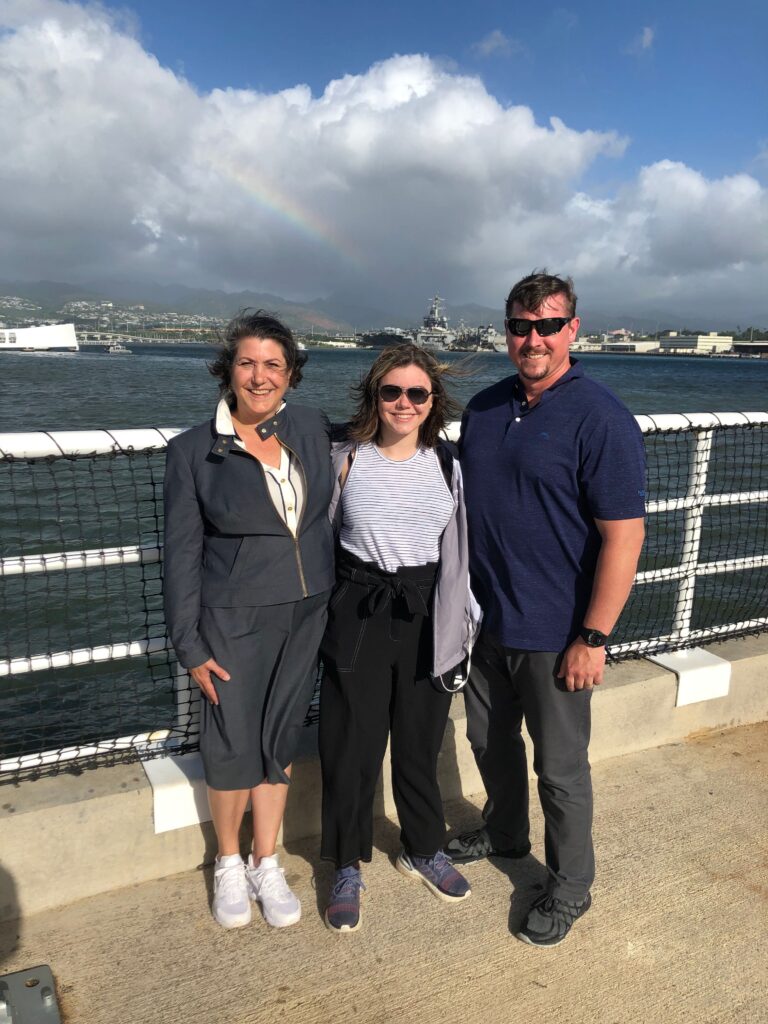
Serving as a trailing spouse has also given me the opportunity to be a more involved father and primary caregiver to our child, without the added stress of a 40+ hour work week. This has been especially important at times when my wife has served in unaccompanied assignments, and particularly during the last few months with the global pandemic and with our daughter in a different country. Since we had already relocated to Port Moresby, I had the flexibility to make a trip back to Jakarta (just prior to the COVID-19 outbreak) and was able to provide support when our daughter relocated to Papua New Guinea as the crisis worsened.
Looking farther back, during the second Iraq conflict, Erin was deployed to Baghdad for 14 months, two days of travel away from our home in Lima, Peru (where she was TDY [Temporary Duty] from). My daughter and I were able to work on ‘news videos’ that we posted on YouTube to keep Erin updated on school, friends, and holidays while she was away in the Middle East. When we were back together, Erin would need to go on multi-day or multi-week travel for her professional duties and I was able to tag-team and provide continuity and support for our daughter.
Our experience has been that trailing husbands, wives, partners, and kids — no matter how well-grounded or capable — always derive support from their surrounding community. While at overseas posts, we have relied on the U.S. Embassy communities and local help (nanny, housekeeper, etc.). When we returned to the U.S. on home leave (every 24 months), we enjoyed support from family members who enabled us to stay with them while we were visiting back in the U.S.
What makes you happy?
If I’ve learned anything from this lifestyle and all the other foreign service families I’ve met along the way, it’s that everyone has to figure out their own path to trailing spouse success.
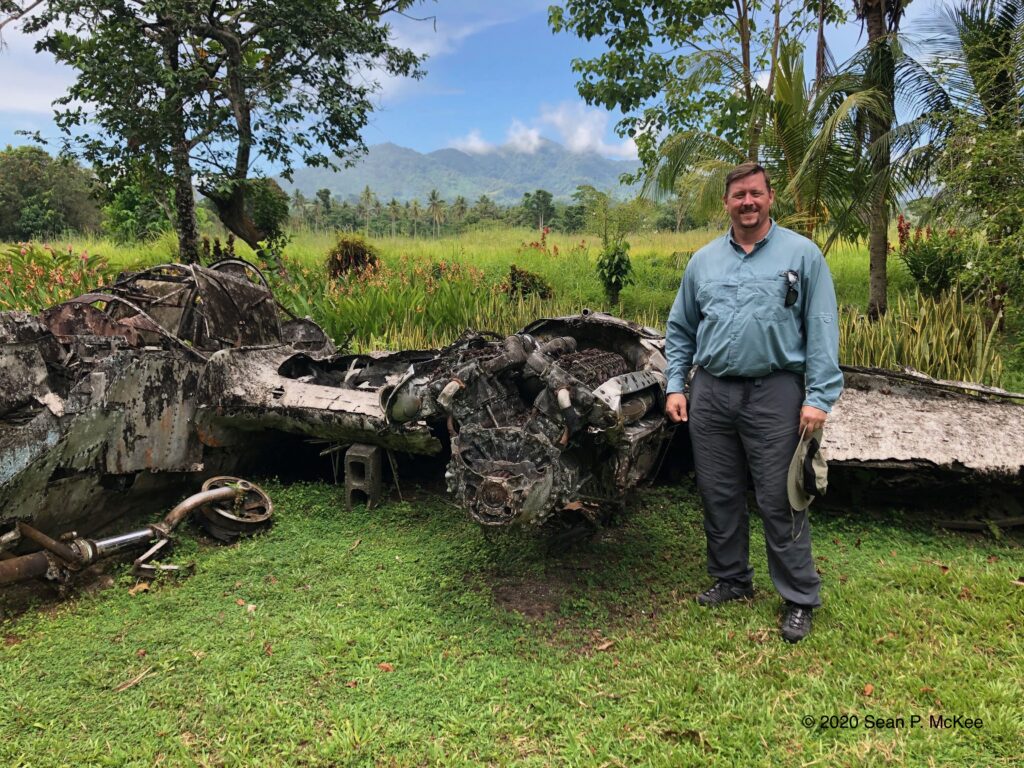
If you are a trailing spouse whose personal happiness depends on finding professional satisfaction, entrepreneurship is an essential mindset. Even in government assignments, where there are generally resources to help spouses find employment, it seems that traditional jobs are becoming more challenging to secure due to increased demand, timing, security clearance requirements, and longer onboarding times during tours. For private sector and non-governmental relocations, where you may not be able to get local employment authorization for months or years, consider your options for building your own portable business.
On a personal level, my family has always included pets. These “fur babies” have been a great source of comfort and companionship during our relocations, and certainly help with socializing when arriving at post. However, cats and dogs can also be a source of heartbreak when they pass away — especially if it’s sooner than expected, due to the stress of moving. I’ve known some foreign service families who have had to find other homes for their pets because of the animal’s advanced age, health conditions, or the extreme expenses or regulatory complications of moving them to an overseas post. However, pets are an important part of families and I think it is worth the effort (and expense) to move them to each new location. People have more options than in the past to relocate with their pets and can rely on a thriving industry in pet transportation and kenneling to make it happen.
(And that reminds me that I want to offer a personal “shout out” to the incredible team at IslandPetMovers.com who helped move our two cats from Jakarta through Honolulu and Auckland and finally to Port Moresby!)
Appreciating the journey
The coronavirus pandemic reminds us of the importance of knowing how to adapt, survive, and thrive when circumstances change unexpectedly. All these years of managing international moves (flights, home leave, rapid-fire family visits) and reestablishing our household in multiple countries have made me a more consciously resilient person.

My current home in Port Moresby, which is a bit far-flung from other major population centers, has offered an environment to get familiar with social distancing and simplifying my lifestyle. I have come to appreciate a more diversified “at home” routine that makes me appreciate home cooking more than before and makes me feel better about not joining a gym when I first arrived at post!
The next big adventures on the horizon include sending our daughter off to college in the U.S., handling the separation amidst the ongoing stress of the pandemic, planning for more travel around Melanesia , and beginning to think about what comes after my wife’s assignment is scheduled to end in late 2022. In the meantime, I will keep looking for new things to learn and perhaps see what skills I can develop to be a better long-distance supportive dad for a college student and young adult!

